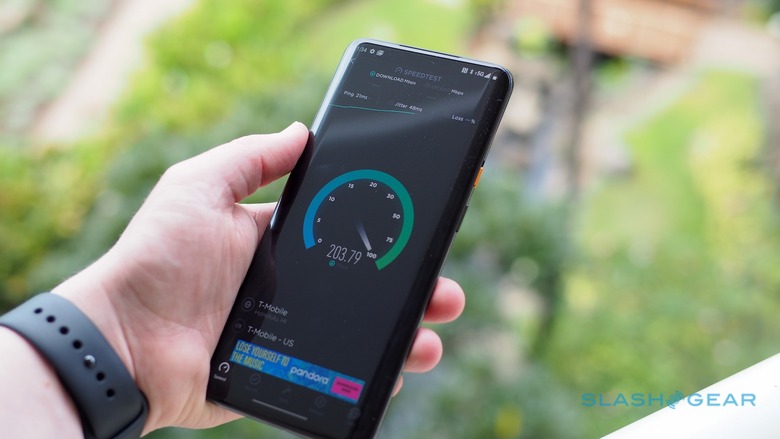Would You Buy A Snapdragon 765 5G Pixel 5?
Do you care which processor is inside your smartphone? An insider tip this week suggested that the next Google smartphone, the Google Pixel 5, will work with a Qualcomm Snapdragon 765. For some users, that's a big deal – but why? Let's take a peek at what that piece of hardware is, what it'll do, and why it might be the make-or-break point for prospective consumers.
The first Google Pixel smartphone used a Qualcomm Snapdragon 821. The Pixel 2 used a Snapdragon 835, and the Pixel 3 used a Snapdragon 845. Those were all the top-tier Qualcomm mobile processors of their day.
With the release of the Google Pixel 3a, Google sold a significantly cheaper smartphone with a lower-tier processor. That device used the Qualcomm Snapdragon 670. The processor was less powerful than the Pixel 3, but more powerful than the Pixel 2... sorta. It's not as simple as a single metric, as these processors aren't just implemented for one feature.
If Google were to continue to release top-tier Pixel devices with the most high-end Qualcomm processors with the Pixel 5, they'd pick another Snapdragon 800-series SoC. In this case, Google's only choice would be the Snapdragon 865.

There are two keys here, and both have to do with some confusing moves made by Qualcomm. One is in the fabrication process. The Snapdragon 865 uses a TSMC N7P 7nm fabrication process, while the Snapdragon 765G (assuming we're using the G) works with the Samsung EUV-based 7nm fabrication. It's likely the 765G will have better power efficiency – and potentially far better battery life – than the 865.
The Snapdragon 765 has an integrated 5G modem, where the 800 series does not. The price-to-value ratio of the 765 appears to be better than that of the 865. It could just be that we've reached a point at which it's recognized that we can do everything we need to do on a phone without pushing the processor tech as far as it can possibly advance every single season.
If we look at the potential price structure for the Google Pixel 5 and see that it's all significantly lower than the most expensive phones on the market, it's clear that Google's ready to adjust to our changing world.
